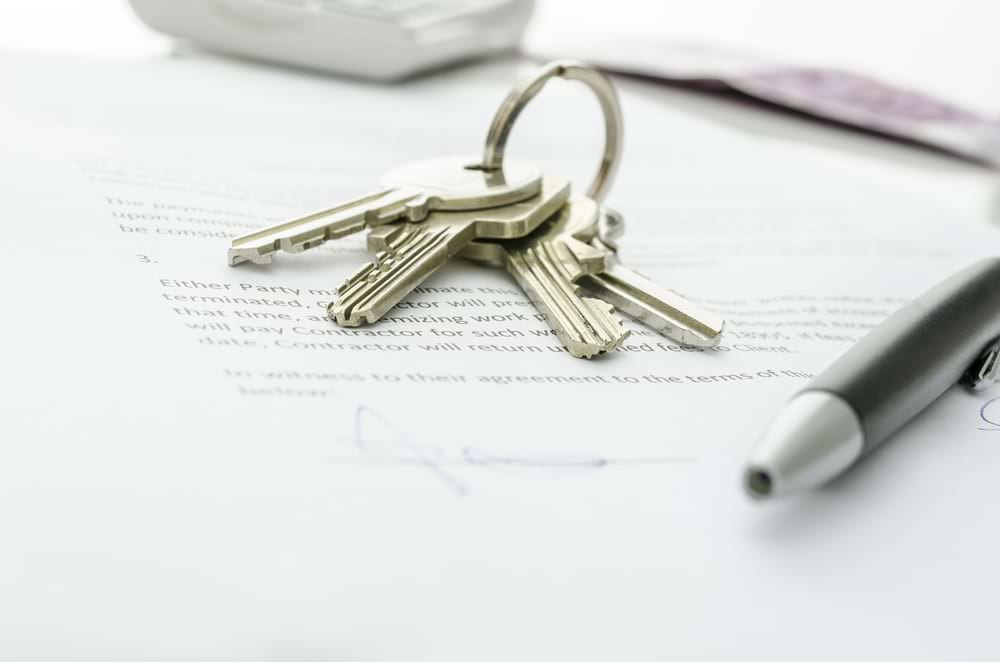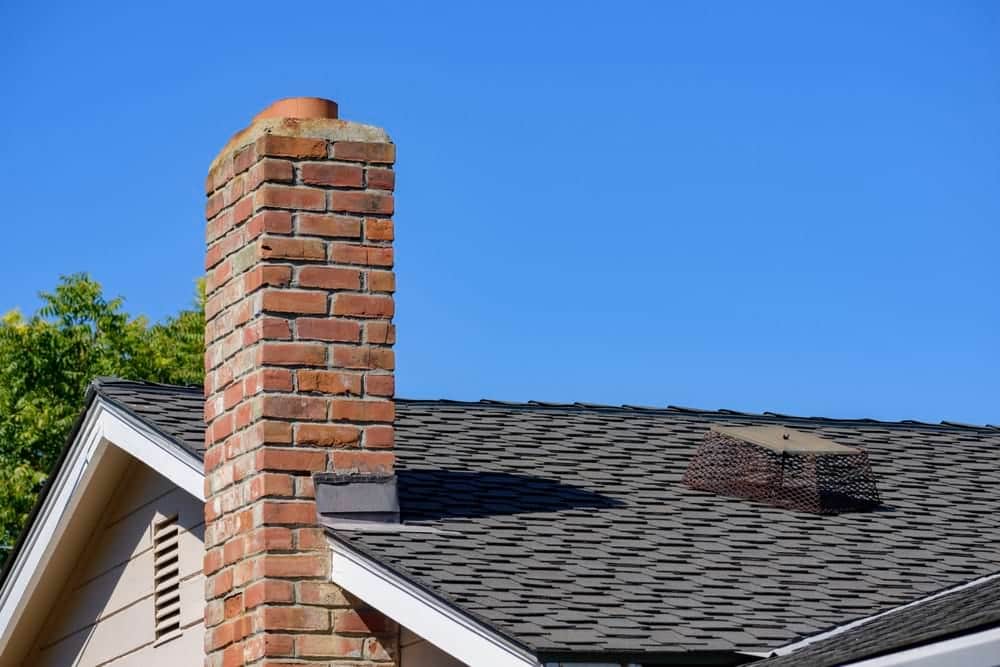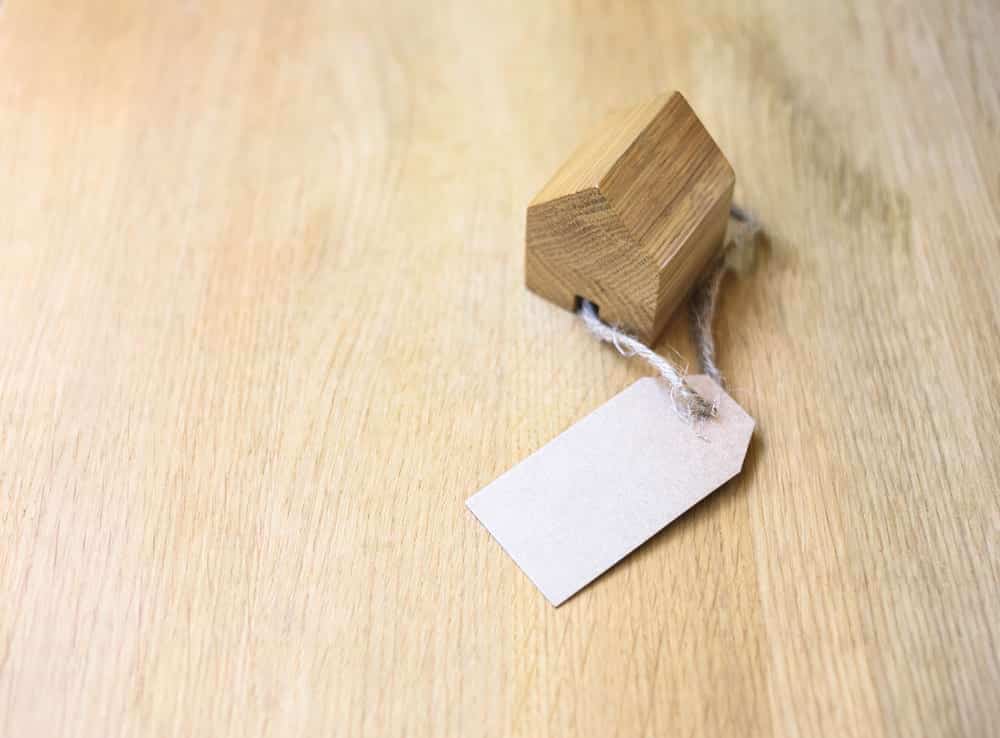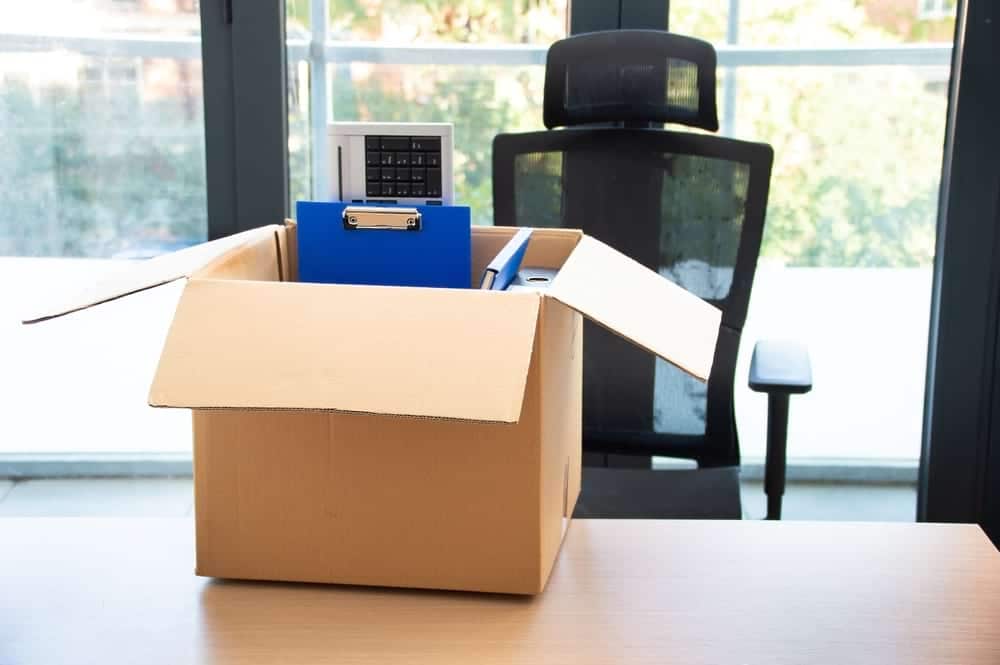The exchange date of a house sale is a nerve-wracking moment.
Once it happens, most people breathe a sigh of relief.
But is everything truly done and dusted?
Or can a house sale fail after exchange?
Keep reading to find out.
What is the ‘exchange of contracts’ in a house sale?
Exchange of contracts (often referred to as just exchange) is when a house sale becomes binding.
The buyer’s solicitor will exchange signed agreements with the seller’s solicitor.
At this point, both parties are legally bound to adhere to the agreement.
The contract should contain details about selling price.
Exchange vs. completion
Keep in mind that exchange is not the same as completion.
Completion is the day you get the key to your new house and move out of your current one. Exchange typically happens a few weeks earlier.
Can a house sale fail after exchange?
Yes, even though it’s rare, a house sale can fall through after exchange.
The consequences of this happening depend on its causes.
Reasons a house sale fails after exchange
Buyer or seller simply changes their mind
In these cases, they’ll be vulnerable to legal action and will likely lose their deposit.
Issue with the buyer’s mortgage
If the bank refuses to lend at the last minute, the deal may no longer be financially possible for the buyer.
Damage to the house
This could cover various issues, including pests, subsidence, flooding, etc.
Personal issues
Perhaps one of the individuals gets seriously ill, divorced, or a loved one passes away.
These issues could seriously impact the concerned individuals’ ability to move.
Will money be lost if a house sale fails after exchange?
Yes, in almost all cases.
If the buyer pulls out for no reason, the seller can keep their deposit. They can also be sued and thus have to pay interest on the unpaid price.
Similarly, if the seller pulls out, the buyer opens themselves up to being sued.
How common is it for a house sale to fail after exchange?
It’s rare for a house sale to fail after exchange.
Most people know that they’re vulnerable to being sued if they do it voluntarily.
It usually ends up much worse for them than if they’d proceeded with the deal.
Other causes of collapses, such as people passing away or getting sent to prison, are also unlikely.
What to do when house sale fails after exchange
It depends on whether you’re the buyer or the seller.
You should always get advice from a legal expert, no matter what.
You’re the seller
If you’re the seller, you should keep hold of the buyer’s deposit.
You’ll then need to take the buyer to court for failing to adhere to the legally binding agreement.
They can be forced to proceed and pay all your legal fees. There may be interest added on top, too.
You’re the buyer
You can give the seller a ‘Notice to Complete’ if you’re the buyer.
Once again, speak to your seller about this. It provides the seller with 10 days to change their mind.
Interest will still be needed on top of this.
If the buyer doesn’t reverse their decision, you can sue them for breach of contract. This involves getting your deposit back with interest.



















